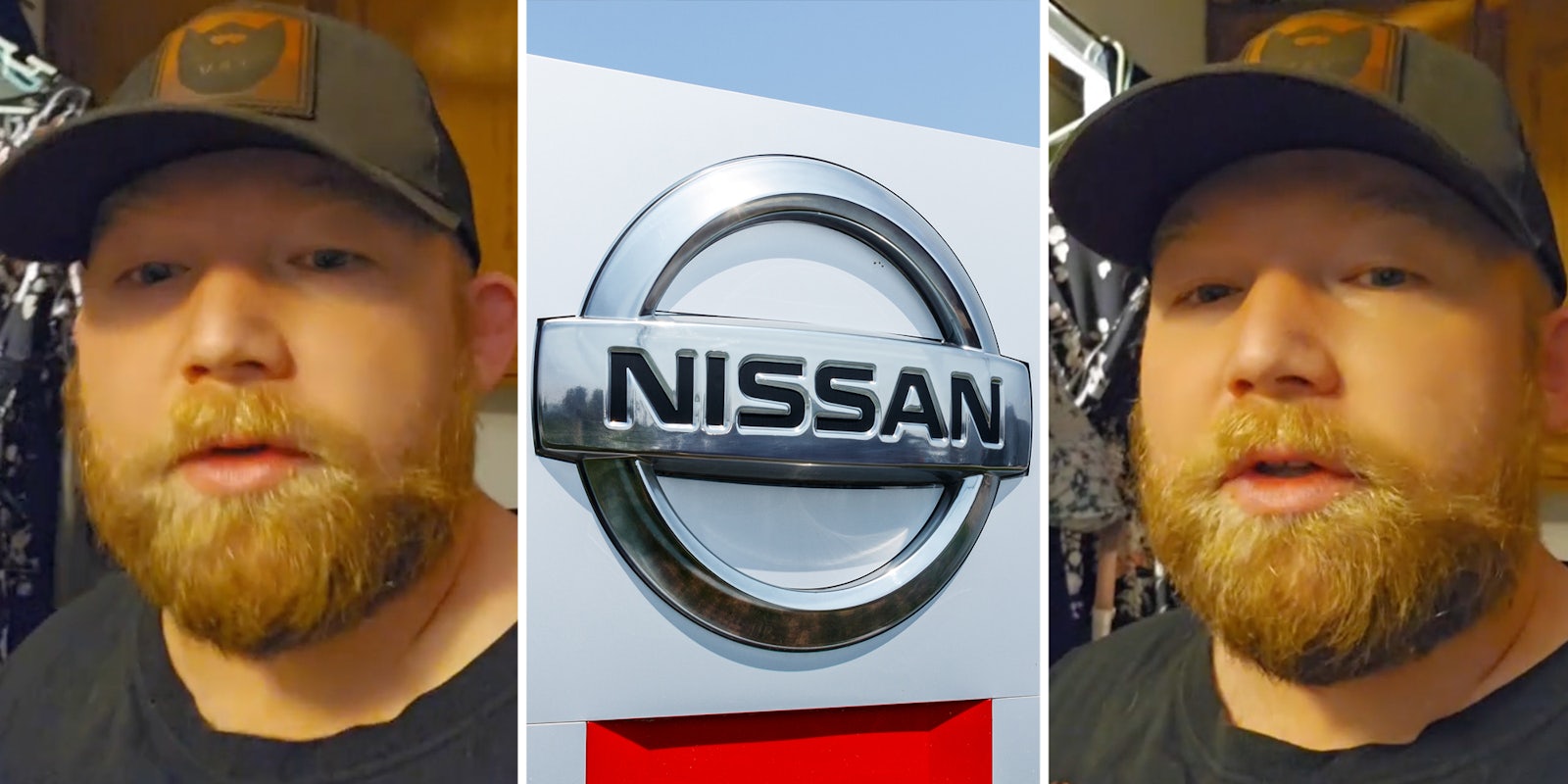In 2012, the state of Massachusetts passed a law that guaranteed automobile owners the legal right to repair their own vehicles. This, along with many other developments in the years prior, set off a wave of similar laws around the country centered on the idea of the consumer being able to repair their own devices.
While this may seem like a common sense idea, manufacturers in the auto industry, electronics industry, and more have long opposed the idea. As noted by the World Intellectual Property Organization, “Manufacturers tend to oppose the right to repair because of security, safety, and liability concerns.”
“They argue that unauthorized repairs could use subpar components and ultimately compromise the security of the device, including a higher likelihood of data breaches and cybersecurity threats,” the piece reads.
Although some of these concerns may be legitimate, consumer advocacy groups have argued that manufacturers simply want to restrict consumers to repair and replacement processes provided by the manufacturers themselves, in turn ensuring healthy, ongoing profits for the companies who make these devices.
This idea recently came to a head thanks to a lawsuit against Deere & Co, who manufacture devices under the name John Deere. In November of last year, a U.S. judge ruled that the company must face claims brought against them in a lawsuit by crop farms and farmers “that the agricultural machinery maker has unlawfully conspired to restrict services for maintenance and repair,” per Reuters.
Recently, a TikTok user in the auto industry shared his thoughts on the issue, sparking discussion in the process. In a video with over 187,000 views, user Rich (@fordbossme) accuses major auto manufacturers of employing “planned obsolescence,” amongst other issues.
“They know how long the vehicles are gonna last,” he explains. “They know what they’re going to get out of the warranty. And what they do is they give you the max amount of time that you can do things and they tell you this is optimal for EPA standards, government standards, things like this. And it’s a complete lie.”
As evidence for this, he cites security measures put in place by companies like Chrysler and Ford that make it more difficult, and costly, for auto shops to repair cars.
“We have to pay monthly subscriptions to have access to certain data and things of this nature, because it’s not just given to you freely in the public,” he says. “The repair manuals that we go to, we have to pay for monthly—the management systems for our shop, computers that manage everything…All these manufacturers do something to charge you every year to continue to use these tools, to communicate with the customer’s vehicle.”
These issues are still in place even though the FTC adopted President Biden’s Right to Repair order, sometimes referred to as the “Right to Repair Act.”
“It’s a little bit shady, but that’s how it is,” Rich summarizes.
@fordbossme #stitch with @Really_Randii ♬ original sound – Really_Randii
In the comments section, users shared their thoughts on this issue.
“Another reason to own a older car/pickup/truck!” said a user.
“Stock pile old cars and keep spare parts,” advised another.
“I pay close to 1k a month between shop software and all the subscriptions for the shop,” offered a third. “And people wonder why we change diag lol.”
The Daily Dot reached out to Rich via email.
Update 10:23am CT March 28: Rich shared a follow-up video answering the Daily Dot’s questions to TikTok. He notes that despite the Right to Repair act, dealerships are still getting away with withholding information from consumers and independent auto shops.
@fordbossme Right To Repair Act Questions – Planned Obsolescence #fypシ #fyp ♬ original sound – Rich
Rich also claims that dealerships use shoddy or poor auto work as a defense of their repair restrictions. He says this is just a way for them to increase profits, also noting that subscription-based add-ons are another angle to leech money from customers.
“They are overstepping their boundaries a lot,” Rich says.
He then calls for more states to pass Right to Repair acts so individuals can be given access to the software they need to work on their own cars.
The internet is chaotic—but we’ll break it down for you in one daily email. Sign up for the Daily Dot’s web_crawlr newsletter here to get the best (and worst) of the internet straight into your inbox.


